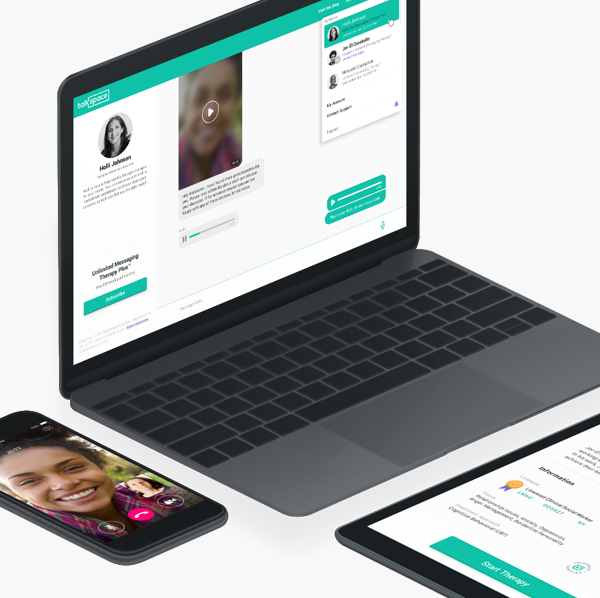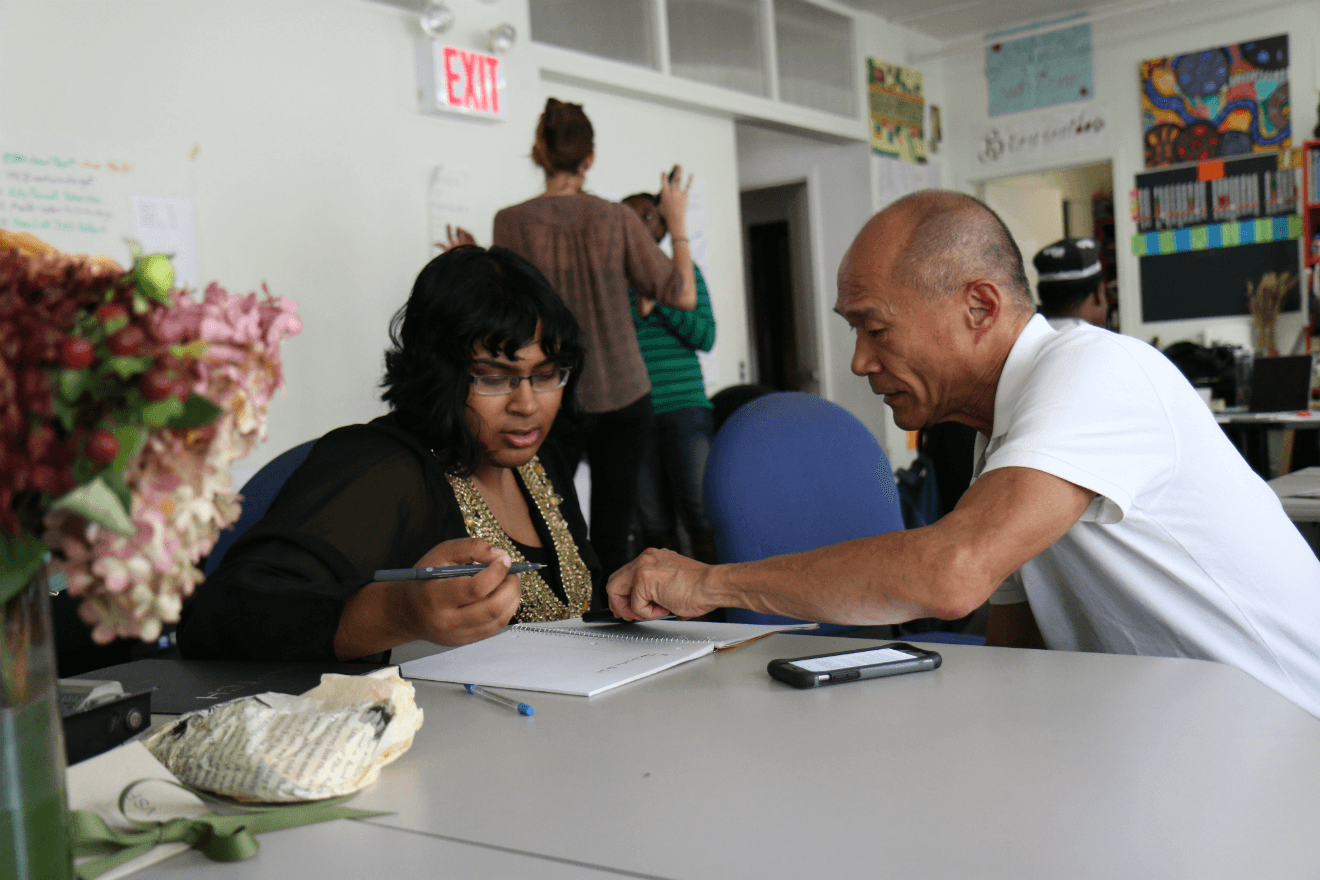Taking the step to start therapy isn’t an easy decision. There are barriers such as cost, access, and unfamiliarity with the process. This can be particularly daunting if you are a person of color, a group that has been chronically underserved by the therapy community.
One in five adults in the U.S. lives with mental illness in a given year. Within that, black and Hispanic Americans access mental health services at about half the rate of their white counterparts. Asian Americans utilize services at about one-third the rate of white Americans. It’s safe to say the mental health community is not meeting the needs of people of color.
If you are a person of color who is considering therapy, here are some questions you may want to keep in mind while you search for a potential therapist:
Does this therapist speak any other languages?
If you come from a culture that primarily uses a language other than English, it may be helpful in therapy for you to have the option of speaking in your mother tongue. This isn’t limited to languages like Spanish or Mandarin either. Different regions and cultural groups often use forms of English or other languages to communicate, like African American Vernacular English (AAVE). In your therapeutic safe space, you need to feel free to be yourself. You will want to express yourself in the way you feel most comfortable, without fear of judgment or reprisal.
What is the therapist’s experience treating people of my racial/ethnic group?
It may be important for you to seek out an individual who comes from a similar racial or ethnic background. There could be shared language or experiences based on being a visible racial or ethnic minority. This common ground can accelerate progress in therapy.
Nonetheless, a provider of your same background might not be available. Or, despite visible similarities, they may not have had similar experiences out in the world as you. Additionally, research indicates mixed results on whether matching on race or ethnicity lines actually makes for better treatment outcomes.
The most important question you may ask a potential therapist of any race is, “What is your experience working with people of X racial/ethnic group?” Based on their response, you can learn a lot about their capability to help and for you to feel comfortable in the therapeutic space.
What is the therapist’s understanding of diverse sexualities and gender identities?
Among communities of color, there are culturally specific understandings and experiences related to gender and sexual identities. It might be helpful for you to ask your potential new therapist about their experiences and knowledge in this area.
Do they understand how your cultural group conceptualizes gender(ed) behavior? Do they understand the implications of being two-spirited, same-gender loving, or identifying as an MSM (man who has sex with men)?
Can I talk about race, discrimination, and cross-cultural communication during my sessions?
Discrimination and microaggressions are, unfortunately, a part of daily life for visible racial and ethnic people. This might be something you need to talk about in the therapy space at some point.
Will you be able to discuss your feelings about being passed up on a promotion in a racially insensitive work environment? Will you be able to talk about “tokenism” and its impact on you in work or social settings? What about the concepts of immigration that may be tied to family pressure and responsibility? These are important issues to consider.
While there might be times when you’ll need to provide context to your therapist based on your experiences, you don’t want to spend the bulk therapy educating your therapist. That will only serve to deter your progress and leave you feeling unsatisfied with the therapy process. By exploring some of these themes at the onset, you can have greater assurance you’ve picked the right person to help you on your journey.
Talkspace articles are written by experienced mental health-wellness contributors; they are grounded in scientific research and evidence-based practices. Articles are extensively reviewed by our team of clinical experts (therapists and psychiatrists of various specialties) to ensure content is accurate and on par with current industry standards.
Our goal at Talkspace is to provide the most up-to-date, valuable, and objective information on mental health-related topics in order to help readers make informed decisions.
Articles contain trusted third-party sources that are either directly linked to in the text or listed at the bottom to take readers directly to the source.




